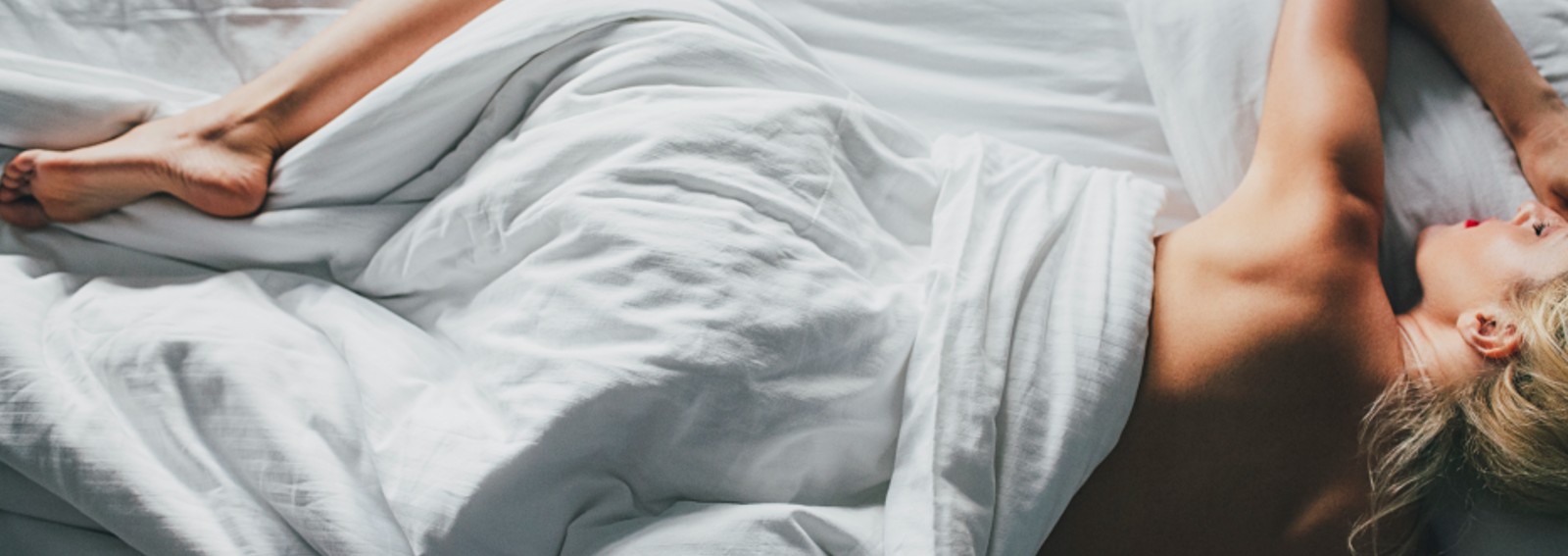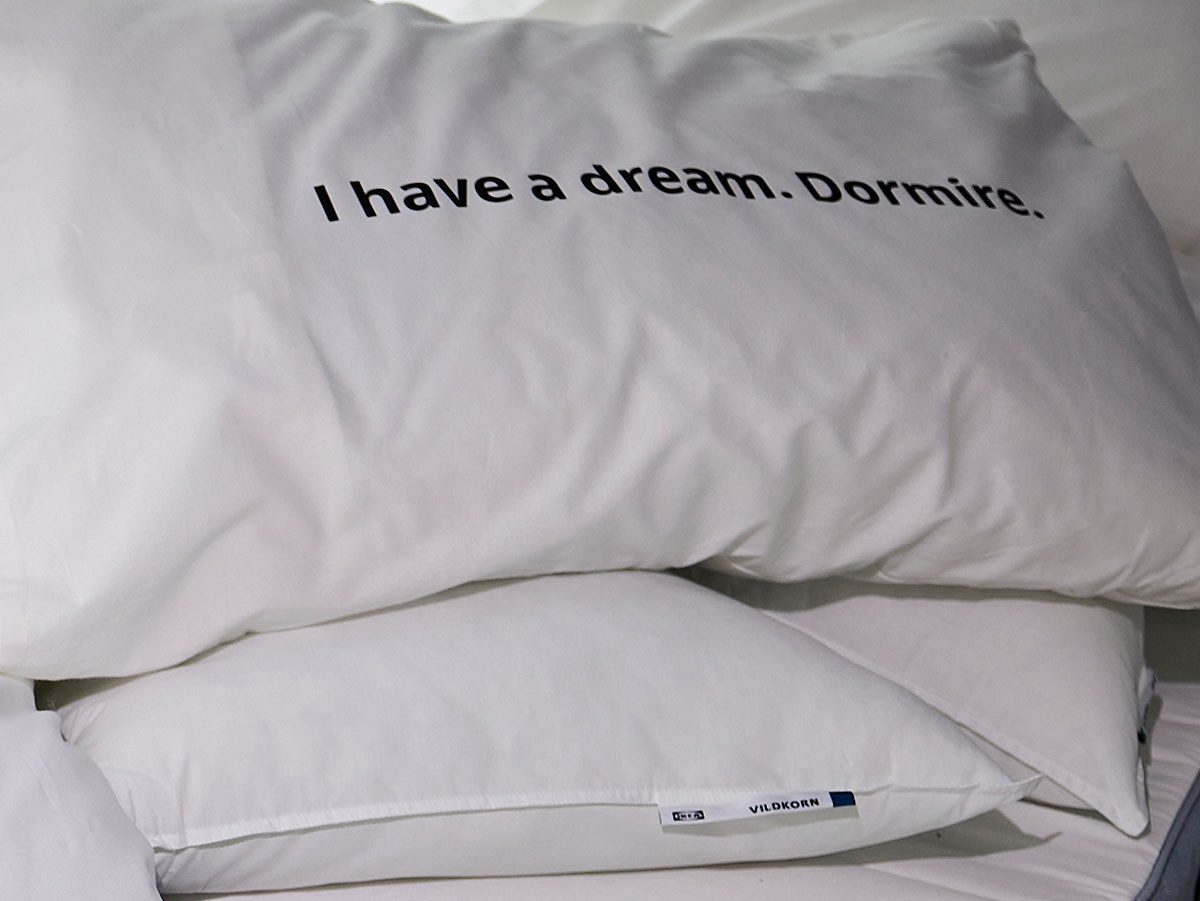

When it comes to having a restful sleep, there are (at least) 6 essential elements to focus on—all found in the bedroom.
Sleep Divorce: The Secret to a Happier Relationship
These insights come from IKEA, with its extensive experience in designing functional furniture, and the Italian Academy of Sleep Medicine (AIMS), who have worked together to study the secrets of quality sleep—one of the key ingredients to well-being.
5 Tips for Sleeping Well in Winter
Here they are.
6 Rules to Follow in the Bedroom for Better Sleep

Choose the Right Mattress and Pillow
Mattress and pillow are the first things that come to mind for comfort and should provide adequate support, though comfort is subjective. Consider the weight (of both partners if you share a bed) and preferred sleeping position when choosing. Don’t forget about the materials; natural materials are best for maintaining a consistent temperature while you sleep.
How to Choose the Right Pillow for Better Sleep
AIMS notes that studies have shown that medium-firm mattresses can improve sleep quality by 55% and reduce back pain in 48% of cases by helping maintain proper posture. So, listen to your body.
Furniture and Organization: Key Elements for a Good Night’s Sleep
People rarely think about the connection between sleeping and furniture, but room organization plays a key role, as anyone who’s ever tidied up before bed knows—less clutter makes it easier for the mind to relax. Bedroom colors also play a role, with shades like blue, green, and white promoting calmness, while red, black, and purple can be stimulating, slowing down relaxation.

Set the Temperature Lower
The ideal sleeping temperature is between 60°F and 66°F. Those who prefer warmth can go up to 68°F, but it’s best not to go below 60°F, as that may disrupt the REM (Rapid Eye Movement) phase of sleep, when dreaming occurs.
Silence the Noise
In an ideal world, the bedroom would be a peaceful oasis, but for city dwellers, that isn’t always easy. Consider using noise-dampening items like sound-absorbing curtains or thick rugs to help buffer sound vibrations. Alternatively, white noise can help counteract noise pollution.
Aim for Good Air Quality
Keeping your home free of pollutants can be challenging, especially in busy areas. But air quality affects health, comfort, and sleep quality, making purifying curtains, fans, AC, and air purifiers helpful. Don’t overlook humidity; when it’s too high, sweat can’t evaporate, making you feel even warmer.
Create the Right Lighting
Light is one of the key elements affecting sleep. Darkness encourages relaxation and boosts melatonin, the hormone that helps you fall asleep. Ideally, sleep in a dark room. Use blackout curtains, avoid screens and blue light, which are enemies of good rest, and if you need a light, go for a warm, dimmable bulb that can reduce intensity—this helps lower blood pressure, preparing your body for sleep.
Coffee on an Empty Stomach Increases Stress
This article first appeared on Grazia.it













